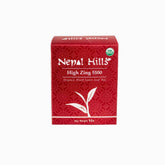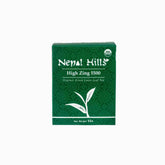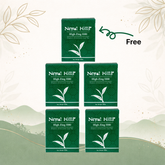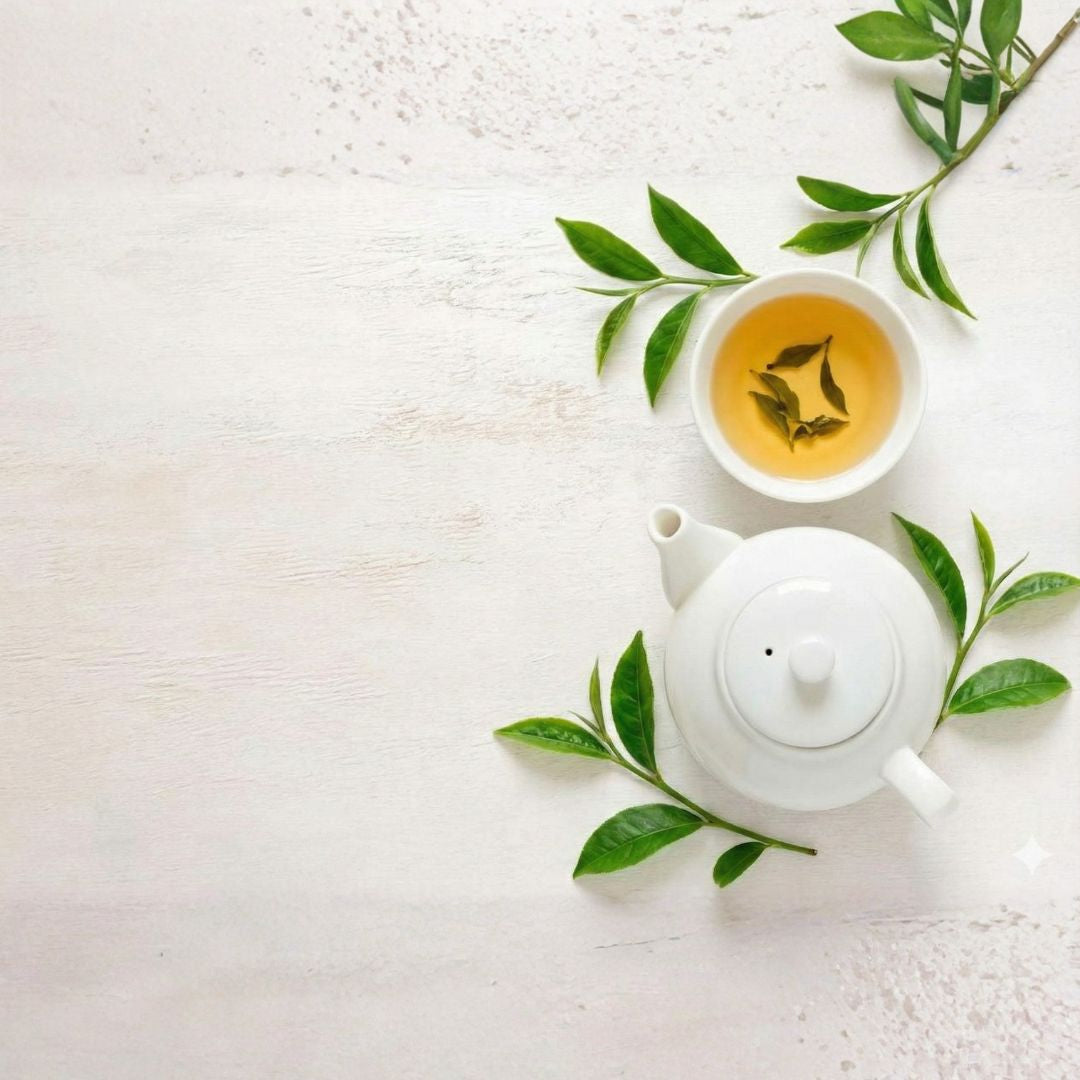5 Reasons Why You Might Need to Change Your Tea Vendor: Stay Informed, Stay Healthy
When it comes to tea, quality and sourcing are key to ensuring you're sipping something delicious, healthy, and ethically produced. Unfortunately, not every tea vendor maintains high standards. Some engage in shady practices that affect the quality, safety, and authenticity of their products. If you’ve been buying tea without paying much attention to its origin, ingredients, or freshness, it may be time to reconsider your vendor.
Here are five reasons why you might need to change your tea vendor—and how to protect yourself from low-quality, overpriced, or misleading products.
1. Mislabeling the Product’s Origin
One of the most common deceptive practices in the tea industry is mislabeling the product’s origin. Many tea vendors claim their tea comes from a specific region famous for producing premium tea, such as Darjeeling, Assam, or Nepal. However, they often blend cheap teas from other countries and label them as high-end products. Mislabeling can happen at multiple levels in the supply chain, making it difficult for consumers to verify the true origin of their tea.
Buying misrepresented tea means you could be paying premium prices for a substandard product. Worse, you lose out on the authentic taste and potential health benefits that come from drinking pure, high-quality teas sourced from regions known for their tea production. Always look for transparency from your vendor about where their tea is grown and ensure that they provide certifications, such as organic labels or fair trade stamps, that verify the origin.
2. Overpriced Products
Are you paying too much for your tea? While premium tea does tend to cost more due to labor-intensive harvesting and processing methods, some vendors take advantage of consumers by overpricing their products. This happens when vendors sell low-quality or blended teas at the price of premium, single-origin varieties.
If you notice that your tea is no longer as flavorful or fresh as it used to be, but the price remains the same—or worse, increases—it may be a sign that your vendor is cutting corners while keeping their profit margins high. Look out for vendors who offer detailed breakdowns of how they price their products and what makes their tea worth the cost. If this transparency is missing, it's a red flag that you may be overpaying.
3. Compromised Sourcing: Cheap Blends Under a Premium Label
Blended teas aren’t inherently bad—some blends create beautiful flavor combinations. However, a troubling trend in the tea industry involves vendors blending cheap, lower-grade teas and selling them under a premium label. These vendors often purchase their teas in bulk from auction houses where the origins are mixed, which allows them to save money but significantly lowers the quality of the tea.
These blends often contain teas from multiple sources, with no transparency regarding where the leaves came from or whether they meet quality standards. Some of these blends even include artificially flavored or sweetened additives to mask the low quality of the base tea. This deceptive practice results in a product that lacks the flavor, health benefits, and integrity of pure, high-grade tea.
4. Hidden Ingredients and Lack of Traceability
Another reason you might want to switch tea vendors is the lack of traceability in the ingredients they use. With many blended teas, vendors add sweeteners, artificial flavorings, and other additives to enhance flavor or extend the shelf life of the product. However, these additives are often unlisted or only vaguely mentioned on the packaging, leaving consumers in the dark about what they’re actually drinking.
For example, some vendors might add sugar or artificial sweeteners to make their teas more palatable, especially in flavored blends. But too much sugar or artificial ingredients in your tea can compromise the natural health benefits of tea, and in some cases, even harm your health. Moreover, ingredients with unclear origins could potentially contain pesticides or harmful chemicals, which would never be found in organic teas.
Switch to a vendor that provides a full list of ingredients and ensures all components are traceable and ethically sourced. This transparency guarantees that you’re drinking tea that’s safe, high-quality, and aligned with your health goals.
5. Selling Stale or Low-Grade Tea Blends
Freshness is crucial for tea, as the flavor and health benefits of tea leaves degrade over time. Stale teas not only taste flat but also lose their antioxidant properties, making them less beneficial for your health. Sadly, many tea vendors sell old or expired teas without notifying consumers. These vendors often use older, lower-grade tea leaves in blends to hide the lack of freshness.
The shelf life of high-quality loose-leaf tea is typically around 12 to 36 months, depending on storage conditions. After this time, the flavor and potency diminish significantly. Some vendors, however, use tea leaves that have been sitting for years, blending them with other low-grade ingredients and masking the stale taste with flavorings or sweeteners.
Drinking stale tea is a disappointing experience.
Choosing a vendor that prioritizes freshness ensures that you’re getting tea with optimal flavor and health benefits. Look for vendors who clearly state the harvest date of their tea and avoid those that seem to offer products that have been sitting in warehouses for too long.
How to Find a Trustworthy Tea Vendor
With so many deceptive practices in the tea industry, it’s crucial to find a vendor you can trust. Here are some tips for selecting a reliable tea vendor:
Switching tea vendors might seem like a hassle, but it’s worth the effort to ensure you’re getting the best possible tea. By choosing a vendor that values quality, transparency, and ethical sourcing, you can enjoy your tea with confidence, knowing you’re sipping a product that’s good for your health, your taste buds, and the environment.






